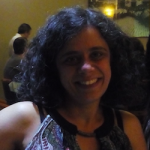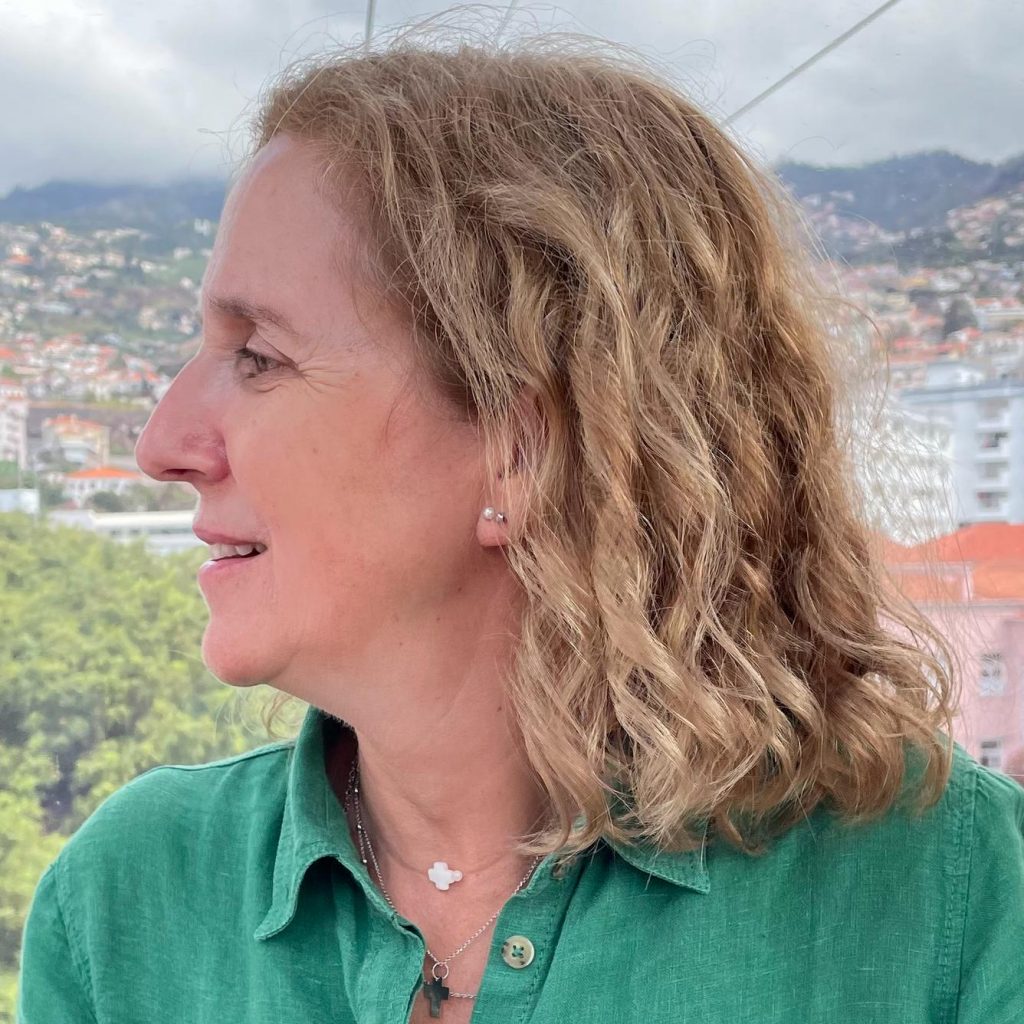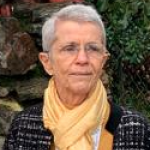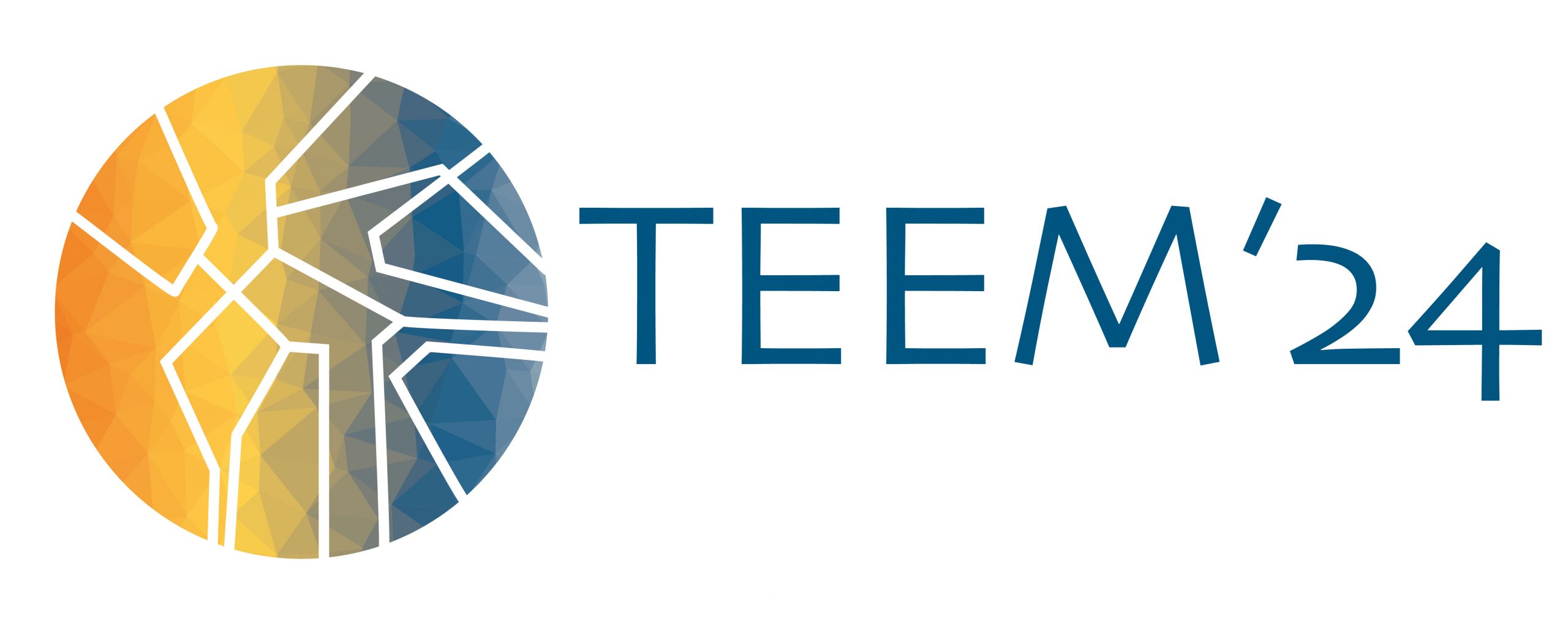Track 4. Engineering Education and ICT Literacy
Over the last few decades technology has brought us countless tools, that in short are denominated as ICT (Information and Comunication Technology) tools, which help teachers and students in daily tasks. In fact, we are fully dependent on them. From the usage of online educational resources, communication apps, etc., ICT tools have completely stormed classrooms, educational assignments or research motors. More recently with A.I. tools (eg. ChatGPT, Siri, Alexa, Google Assistant, etc.) we are entering a new phase of adaptation human-machine, opening roads for new challenges and opportunities. However, as any other tool, it implies the knowledge of how to use it proporpely. Teachers and students, giving greater emphasis to dynamism and student interaction with the course topics, are already using those tools.
The use of the former simultaneous resources facilitates teaching, as it increases students’ motivation and involvement, as well as it promotes their autonomy, collaborative work and facilitates communication amongst all stakeholders.
ICT literacy is nowadays taken for granted. However, there is definitely space for improving. Are we getting the best of them? Are we fully aware of their potentialities on education? Are teachers and students ICT literacy adequate? How are teachers potentiating those ICT tools?
So, this years’ challenge in this Engineering Education Track at TEEM is to try to better understand how teachers are using ICT tools in their teaching and how students perform and dominate those tools. Understanding how to get the most of the ICT tools is an essential competence to develop in parallel with the topics addressed and highly valuable for XXI century Engineer’s. Ideas to use and potentiate those tools with students are not topic related, so we can all learn from other teachers experiences. Accordingly, this track is dedicated to share reflections on issues in engineering education concerning technology education and ICT tools incorporated into teaching and learning. Within this framework, we welcome different approaches in a broad sense: research work in this field based on qualitative, quantitative, or mixed analyses, compared studies, works describing good educational practices, liaisons with the industry, students’ competences gaps, etc., that can be helpful to teachers and students to be prepared as competent professionals.
Topics
- ICT tools in Engineering
- Multicultural aspects of Engineering Education
- Project work in Engineering Education
- PBL Engineering experiences
- Learning gains from contacts with Engineering profession
- Improving Engineering professional, social and/or scientific competences
- Engineering graduate students’ competences versus companies’ professional needs
- Long term vision about Engineering Education
- Capstone projects – final year projects
- Cornerstone projects – first year projects
- Emerging technologies in teaching
- Merging academia and professional practices
- Online teaching and learning in Engineering
Track Scientific Committee
Alexandre da Silva Pinto, Escola Superior de Educação do Porto, Portugal
André Fidalgo, Instituto Superior de Engenharia do Porto, Portugal
Bernardino Lopes, Universidade de Trás-os-Montes e Alto Douro, Portugal
Bertil Marques, Instituto Superior de Engenharia do Porto, Portugal
Carlos Felgueiras, Instituto Superior de Engenharia do Porto, Portugal
Celina Leão, Universidade do Minho, Portugal
Claudius Terkowsky, Technische Universität Dortmund, Germany
Diogo Ribeiro, Instituto Superior de Engenharia do Porto, Portugal
Eduardo Montero García, Universidad de Burgos, Spain
Elisabete Nogueira, Instituto Superior de Engenharia do Porto, Portugal
Gustavo Ribeiro Alves, Instituto Superior de Engenharia do Porto, Portugal
J. P. Cravino, Universidade de Trás-os-Montes e Alto Douro, Portugal
Javier García-Zubia, Universidad de Deusto, Spain
Joaquim Alves, Instituto Superior de Engenharia do Porto, Portugal
Juarez Bento da Silva, Universidade Federal de Santa Catarina, Brazil
Luis Schlichting, Instituto Federal de Santa Catarina, Brazil
Manuel Rodríguez Martin, Universidad de Salamanca, Spain
Marcelo Zannin, Universidade Federal de Santa Catarina, Brazil
Margarida Ribeiro, Instituto Superior de Engenharia do Porto, Portugal
Maria Arcelina Marques, Politécnico do Porto – Instituto Superior de Engenharia do Porto, Portugal
Pablo Rodríguez-Gonzálvez, Universidad de León, Spain
Ricardo Costa, Instituto Superior de Engenharia do Porto, Portugal
Rosa Cabrales, Universidad de Oriente, Cuba
Sonia Concari, Universidad Tecnológica Nacional, Argentina
Susana Marchisio, Universidad de Rosario, Argentina
Teresa Sena Esteves, Instituto Superior de Engenharia do Porto, Portugal
CHAIRS:

Clara Viegas
Politécnico do Porto – Instituto Superior de Engenharia do Porto, Portugal

Natércia Lima
Politécnico do Porto – Instituto Superior de Engenharia do Porto, Portugal

Ana Pavani
Pontifícia Universidade Católica do Rio de Janeiro, Brazil
